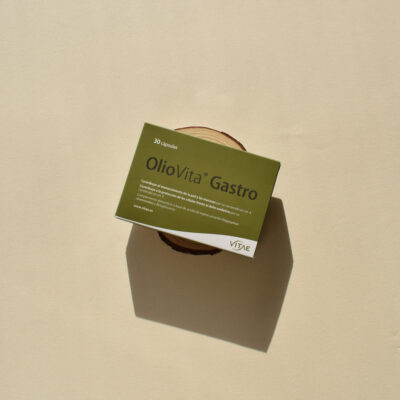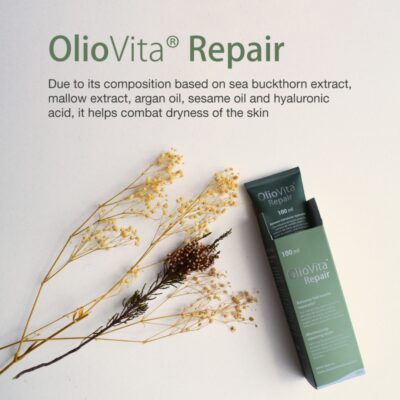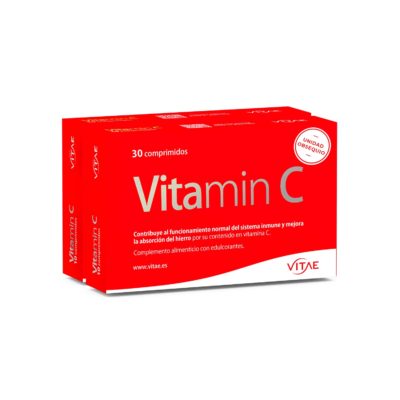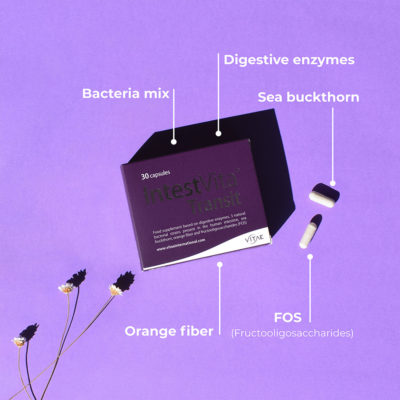In recent decades, scientific research has deepened our understanding of how the microbiota and immune system work in harmony to keep us protected against invading pathogens and regulate immune responses. This fascinating link between the microbiota and the immune system not only reveals the secrets of our health, but also redefines the way we understand the connection between the microorganisms around us and our own ability to resist disease. In this article Isabel Sanchez, an integrative doctor specializing in microbiota , explains the relationship between the two invisible guardians of our health, the microbiota and the immune system.
What is the Microbiota?
The microbiota is a set of microorganisms (bacteria, viruses, fungi) that live in our body: skin, digestive mucosa, oral cavity, genitals. Depending on our state of health, this microbiota will behave in one way or another: in optimal states of health, beneficial microorganisms will proliferate, establishing commensal and mutualistic relationships between bacteria and our body: both parties benefit. However, in situations of pathologies, inflammatory states, non-beneficial microorganisms will grow, causing pathogenic relationships and conditioning our mucous membranes and tissues, potentially triggering pathologies such as skin diseases, intestinal dysbiosis (SIBO), vaginal candidiasis, among others.
What is the Immune System?
When we talk about the immune system, we refer to the entire set of cells, tissues and organs in charge of protecting our body from any external threat (bacterial infections, viruses), in addition to regulating that these defenses only respond to foreign things and not attack the structures of our body, what we call a state of tolerance. Sometimes, when our immune system is activated more than usual, immune cells can be triggered to attack our body’s own structures: autoimmune diseases. For all this, the importance of always having a balanced immune system: one that reacts to what is foreign and with good tolerance to what is one’s own.
What relationship do the microbiota and the immune system have?
The immune system and the microbiota are closely and firmly related. The status of one depends directly on the other. Our digestive microbiota is forming a defense barrier in our intestinal lumen. When we eat any food, the first barrier we will encounter is our microbiota . Depending on its state and the foods we eat, several changes and reactions will occur.
In states of good digestive health, our firmly established microbiota will produce substances that will help carry out the digestive process, anti-inflammatory mediators and other substances such as short chain fatty acids will be produced, benefits for our body.
This beneficial relationship is transmitted directly to cells of the immune system that we find between the intestinal cells: our microbiota sends signals to the immune system indicating how “the situation” is in front of the barrier: if our intestine is healthy, it will send anti-inflammatory signals and our immune system will develop immune tolerance responses, however, in states of poor digestive health: dysbiosis, poor diet, excess processed foods, chronic stress, sedentary lifestyle…our microbiota will be less diverse, and with the growth of not so beneficial microorganisms, which will rule “very inflammatory” messages to the cells of the immune system, generating a REACTIVE response. Releasing inflammatory cytokines and generating a context of lower tolerance that conditions the development of pathologies not only digestive but also of the rest of the body since these reactive substances travel through the entire bloodstream inflaming, there as it passes: at a neurological , hepatic, endocrine level.
What is the importance of having a balanced microbiota for general health?
It is essential to have a diverse and balanced microbiota for the proper functioning of our body. As we have mentioned previously, the health and state of our microbiota DIRECTLY conditions the responses of our immune system. Producing, directly and indirectly, reactive and inflammatory signals in cases of poor health of our microbiota and generating beneficial substances in situations of eubiosis. All of this has a direct impact on our health, and can cause or trigger other pathologies, not only digestive. Our microbiota is interrelated with all the organs and tissues of our body. A good microbiota is synonymous with health.
How to improve the intestinal microbiota with a good diet
As we have previously talked about, the foods we eat directly encounter our microbiota when they reach the intestinal lumen. The beneficial microorganisms in our microbiota depend on our intake: diets rich in vegetables, quality proteins, such as grass-fed meats, organic eggs, small blue fish, red fruits increase the diversity of our microbiota and make it more resistant and strong: the more We eat differently, the more colors we add to our dishes, spices, seeds, algae, fish, mushrooms, mushrooms, raw vegetables, vegetables of many colors… the more DIVERSE our microbiota will be and therefore, the better intestinal and immune health we will have: greater tolerance, greater release of pro-inflammatory substances , short chain acids, neurotransmitters such as serotonin, gaba, which will help us to have and enjoy FULL AND OPTIMAL HEALTH.
On the other hand, a diet with an excess of refined flours, processed foods, sugars, little diversity, with few vegetables, will lead to a poor microbiota , with an overgrowth of not so beneficial bacteria that will activate a more inflammatory and less tolerant immune response, conditioning our state of health. , which can generate digestive pathologies: fermentation of food by these bacteria, causing gas, abdominal distension, diarrhea, intolerance or neurological, metabolic, skin, liver, immune pathologies… due to the activation of an entire inflammatory cascade that will impact our entire body.
Ingredients to improve the microbiota and the immune system and what food supplements you can find them in
Very important, eat natural and local foods. Stay away from processed, packaged foods.
Eat a variety of fruits, vegetables, spices, seeds, virgin olive oil, small oily fish rich in omega 3, grass-fed meats and organic eggs, raw plant foods, algae, bivalves. Our plate should contain many colors. At least 5 to increase our microbial diversity.
Supplements such as sea buckthorn, rich in omega 7, are a good ally for our mucosa and microbiota , omega 3, vitamin D3, vitamin A, magnesium, all of which are essential for the proper functioning of our microbiota. In addition to being able to include probiotics such as lactobacillus and bifidobacteria that will repopulate our microbiota.
Another ingredient that will help you keep the immune system in optimal conditions are betaglucans, vitamin B6 and Zinc.
Thank you very much for this magnificent interview and for helping us make visible the importance of taking care of our microbiota to keep our immune system in good condition!










